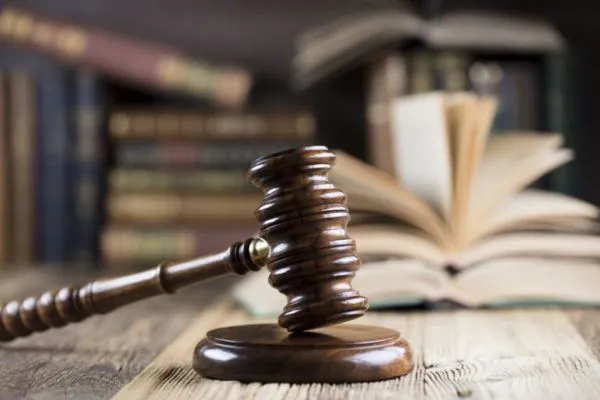
In a world where societies are constantly evolving, legal systems must also adapt to new challenges, expectations, and technologies. Legal reforms are critical to ensuring that justice is not only served but is also relevant to the contemporary needs of citizens. From addressing systemic biases to incorporating digital innovations, the changes being made in legal frameworks are shaping the future of justice. This article delves into the most significant reforms taking place and how they are revolutionizing the legal landscape.
Modernizing Legal Frameworks for Digital Societies
The Rise of Digital Courts
One of the most transformative legal reforms in recent years has been the introduction of digital courts. With the increasing use of technology in everyday life, the justice system has recognized the need to modernize its processes. Digital courts enable virtual hearings, allowing cases to proceed without the traditional constraints of time and location. This shift is particularly important in a post-pandemic world where remote work and virtual interactions have become the norm.
Incorporating technology into legal procedures not only makes the justice system more accessible but also reduces delays in the resolution of cases. Countries like the United Kingdom and the United States have already started implementing digital court systems, with promising results in terms of efficiency and cost-effectiveness.
Blockchain and Smart Contracts
Another key reform shaping the future of justice is the integration of blockchain technology and smart contracts into legal frameworks. Blockchain offers a secure, transparent, and immutable way to record transactions, making it an ideal tool for ensuring trust and accountability in legal agreements.
Smart contracts, which are self-executing contracts with the terms of the agreement directly written into code, can automate legal processes and reduce the need for intermediaries. This technology is revolutionizing areas such as property law, contract law, and financial transactions, making legal processes faster, more efficient, and less prone to human error.

Addressing Systemic Bias and Inequality
Legal Reforms for Social Justice
For years, the justice system in many countries has been criticized for perpetuating systemic biases, particularly against marginalized communities. Legal reforms aimed at promoting social justice are now being introduced to address these inequalities. This includes changes in sentencing laws, bail reforms, and efforts to decriminalize certain non-violent offenses that disproportionately affect minority groups. A criminal defense lawyer often plays a pivotal role in navigating these evolving laws, advocating for fair treatment and ensuring the rights of the accused are protected in a changing legal environment
In the United States, the recent push for criminal justice reform has led to the introduction of laws that reduce mandatory minimum sentences and eliminate cash bail for low-level offenses. These reforms aim to create a more equitable justice system, one that prioritizes rehabilitation over punishment and ensures that individuals are not unfairly incarcerated due to their socioeconomic status.
Gender Equality in Legal Systems
Legal reforms focused on gender equality are also gaining traction around the world. Laws aimed at combating gender-based violence, ensuring equal pay, and providing greater protections for women in the workplace are being introduced or strengthened. In countries like India and Saudi Arabia, reforms are being made to enhance women’s legal rights, granting them more autonomy and protection under the law.
These reforms are essential for creating a fairer society, where everyone has equal access to justice regardless of their gender.
Global Legal Reforms: Harmonizing International Law
Cross-Border Legal Cooperation
As the world becomes more interconnected, legal systems are increasingly facing cross-border challenges. From international trade disputes to cybercrime, the need for cooperation between legal jurisdictions has never been greater. Legal reforms aimed at harmonizing international law are shaping the future of justice by creating standardized frameworks for resolving cross-border issues.
One such example is the Hague Conference on Private International Law, which works to create treaties and conventions that simplify legal processes across borders. By streamlining these processes, international legal cooperation becomes more efficient, reducing the complexity and cost of cross-border disputes.
Human Rights and International Justice
Another crucial area of legal reform is the strengthening of international human rights law. Organizations like the United Nations and the International Criminal Court are continually working to refine laws that protect individuals from human rights abuses, war crimes, and genocide. Legal reforms in this area focus on holding individuals and governments accountable, ensuring that justice is served on a global scale.
Conclusion: The Future of Justice
Legal reforms are essential in shaping a justice system that is fair, efficient, and responsive to the needs of modern societies. From the integration of digital technologies like blockchain and virtual courts to reforms aimed at promoting social justice and gender equality, the legal landscape is undergoing significant changes. As we move forward, these reforms will continue to evolve, ensuring that justice is not only upheld but also accessible to all.
The future of justice lies in the ability of legal systems to adapt to new challenges and opportunities, ensuring that they remain relevant in an ever-changing world.





